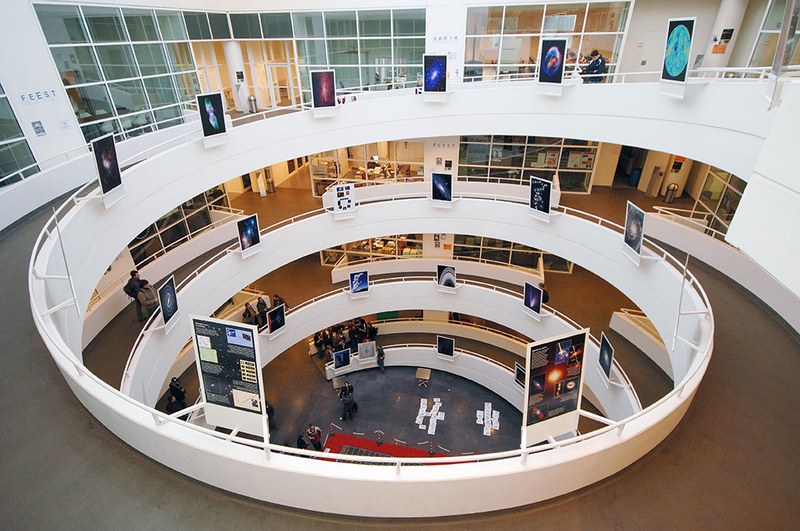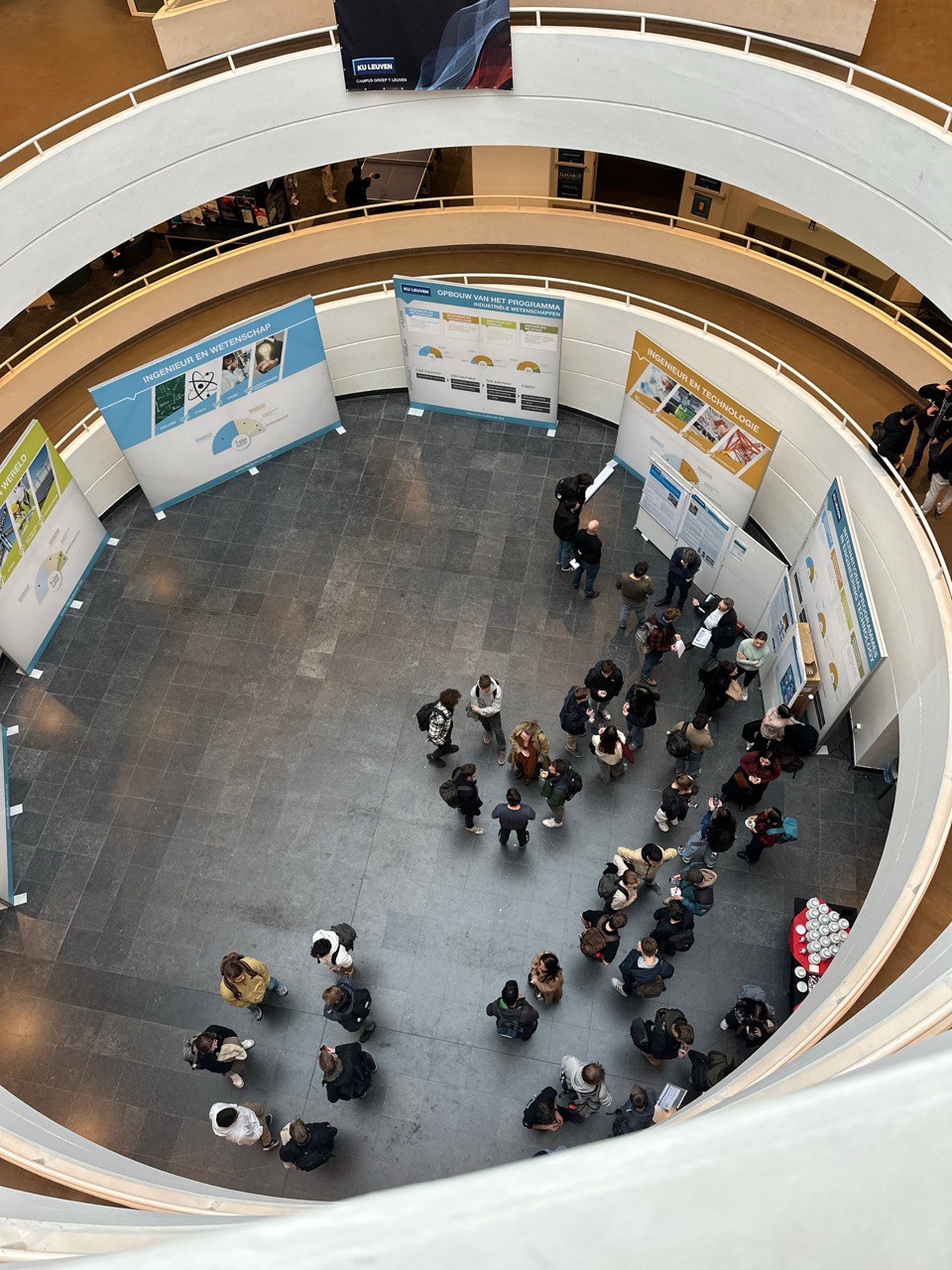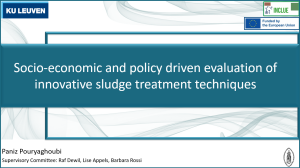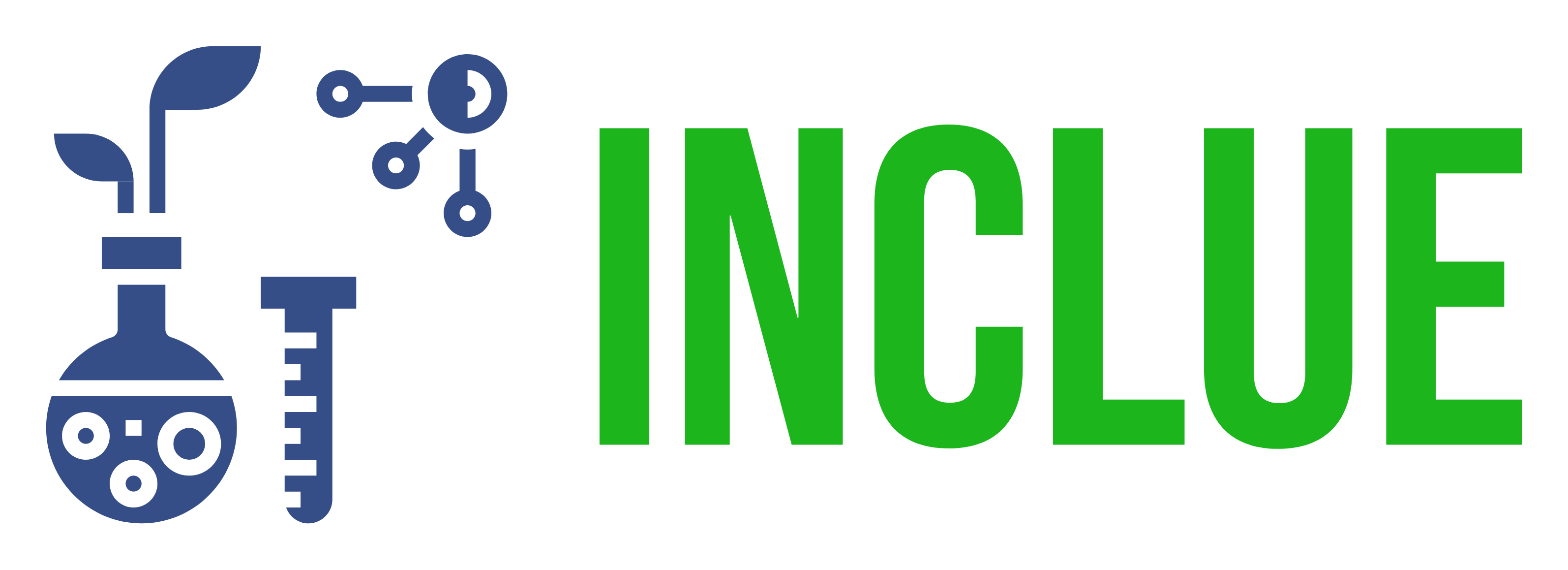Every morning in the world of research brings new challenges, discoveries, and opportunities to push the boundaries of knowledge. Seven months into my PhD journey, I had the chance to present at KU Leuven Campus Group-T’s Research Day. The event, centered around biochemical and bio-engineering technologies, brought together curious and motivated master’s students from campuses in Gent, De Nayer, Geel, and Diepenbeek.

The event was a gathering of researchers showcasing their latest advancements, ongoing projects, and future goals. Beyond the engaging presentations and lab tours, the day was a chance to open a window into what it means to be part of a European-funded research initiative—an experience I was eager to share.

I began my talk with an introduction to the Marie Skłodowska-Curie Actions (MSCA)—one of the European Union’s most prestigious funding programs for researchers. MSCA doesn’t just support scientific work—it fosters international collaboration, interdisciplinary research, and professional development in areas like communication, project management, and policy relevance—and I wanted to convey that to the students in the room.
Next, I continued my presentation by introducing the INCLUE project and my research on the Socio-economic and policy-driven evaluation of innovative sludge treatment technologies. Also, I guided the students through how we identify research gaps, define boundaries, and structure projects that contribute meaningfully to scientific knowledge. In my presentation, I stated my research goals, hypotheses, framework, and the technologies I am focusing on. My presentation covered:
- 💰 Economic aspects: Are these technologies financially viable in the long term?
- 📜 Policy implications: How do they align with EU regulations like the EU Sewage Sludge Directive?
- 🌍 Social acceptance: Would communities be open to using products derived from treated sludge?
- ♻️Environmental aspects: What are the challenges related to sludge management? What are the main environmental impacts of the novel sludge treatment technologies?
To answer these questions, I use Life Cycle Assessment (LCA). By integrating these aspects, we can find the most cost-effective, eco-friendly solutions while aligning with circular economy principles and sustainability goals.
Presenting at Research Day wasn’t just about sharing my work—it was about inspiring the next generation to see research not as a distant academic exercise, but as a meaningful tool to solve global challenges. It was rewarding to see how engaged the students were. I hope my presentation planted a few seeds of curiosity and maybe even opened the door for some of these students to become future researchers themselves.
Outreach events like this reinforce why we do what we do and lead to real-world changes and benefits for people. The feedback I received was motivating, reminding me that our work has the power to make valuable changes, and gave me the confidence to pursue such events in the near future.

If you’re a researcher, I encourage you to step out of the lab and share your work. You never know whose curiosity you might ignite.

